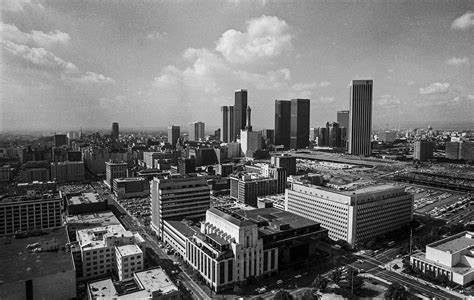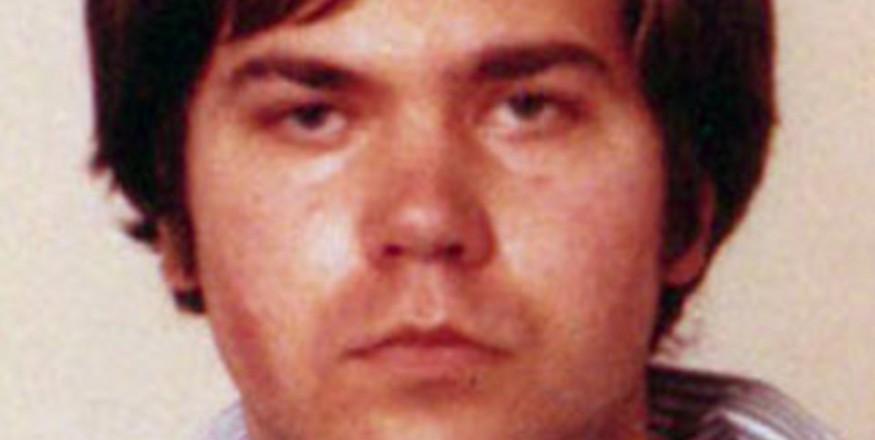 x
x
John W. Hinckley Jr. is a name that resonates with most of us, recognized for his infamous act on March 30, 1981, when he made a deliberate and audacious attempt to assassinate then-president Ronald Reagan in Washington D.C. It is widely known that Hinckley, armed with a revolver, fired a bullet that ultimately ricocheted and found its way into Reagan's chest. However, the motivation behind Hinckley's cold-blooded act remains etched in our collective memory: his unwavering desire to grasp the attention of the renowned actress Jodie Foster.
The terrifying account of this incident carries a profound gratitude that we must acknowledge - the fact that Reagan survived. It is undeniable that had Reagan succumbed to his injuries, our present reality would have witnessed a drastically different path, in stark contrast to what we have comprehended thus far. Reagan's leadership was formidable, exuding an undeniable influence reverberating globally. His unwavering determination and clear, unwavering vision for America and the world enabled him to leave an indelible positive impact on the lives of countless individuals. The presidency of Ronald Reagan resoundingly redirected the trajectory of history, molding the very fabric of the world we inhabit today.
Suppose, on the other hand, Hinckley's intense infatuation with Jodie Foster had taken him down a significantly darker and more dangerous path than the one he initially embarked on. In this scenario, he might have become even more extreme in his beliefs, further radicalizing himself and presenting a formidable challenge for authorities who aimed to intervene. Consequently, this could have resulted in a far more violent and devastating outcome than the attempted assassination of President Reagan.
In exploring an alternate scenario of John Hinckley's intense infatuation with Jodie Foster leading down a darker and more dangerous path, it is crucial to understand the potential consequences of such a trajectory. By further radicalizing himself, Hinckley might have amplified his obsession, which could have manifested in dangerous actions and beliefs.
Under these circumstances, Hinckley's escalated radicalization would have presented a formidable challenge for authorities seeking to intervene. His increased extremism could lead to him embracing more extreme ideologies, potentially aligning himself with a dangerous group or becoming a lone wolf possessed by a violent agenda.
This heightened level of radicalization could have had devastating consequences, far more severe than the attempted assassination of President Reagan. Hinckley could have set his sights on additional political figures or targets, expanding the scope of his violence and leaving a trail of destruction in his wake.
Furthermore, the increased magnitude of the threat would have placed even more strain on law enforcement agencies, requiring enhanced resources and expertise to track and neutralize Hinckley. Authorities would have faced the task of not only preventing attacks but also keeping the public safe from potential collateral damage.
The potential violence and devastation resulting from Hinckley's escalated infatuation reveal the importance of early intervention and addressing the underlying issues that fuel obsessive behavior. It underscores the significance of recognizing the potential danger in obsessions of this nature and taking appropriate measures to prevent them from spiraling into more hazardous territories.
Now, let us imagine a unique alternate scenario that explores the potential ramifications of an important event in 1981. Instead of focusing on a specific individual, consider what might have happened if John Hinckley Jr. had chosen to cause widespread destruction by using a homemade atomic bomb in a city. This thought-provoking narrative revolves around the consequences that could have arisen from Hinckley's intense fixation on actress Jodie Foster. It explores the significant loss of life and tragic aftermath that thousands of innocent people might have faced in such a dire situation.
ns3.144.39.0da2





















